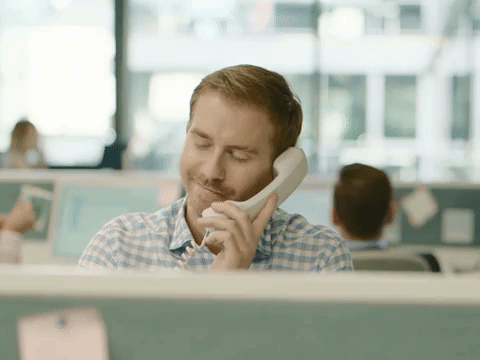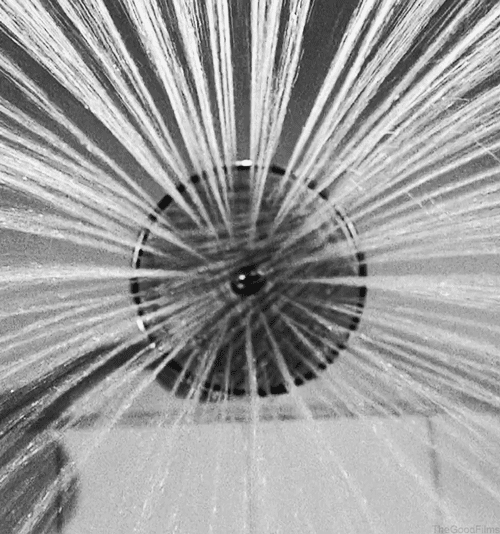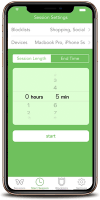Boredom. You've known it since you were a kid and whined, "I'm booooorrred." And you likely hate the feeling. Because it's not exactly pleasant, right? Boredom is characterized by a lack of concentration, a kind of restlessness and feeling underwhelmed or lethargic. It's the frustrating experience of wanting but being unable to engage in satisfying activity. And there are now more ways than ever to avoid these feelings. Social media, breaking news, podcasts and games make our digital devices a regular refuge from boredom.
Do you ever just let yourself be bored? Probably not. Most of us would actually take pain over boredom. One team of psychologists discovered that over two-thirds of men and a quarter of women would rather self-administer electric shocks than sit alone with their thoughts for 15 minutes.
But what if we've been thinking about boredom all wrong? Scientific research has found that our battle with boredom (either real or anticipated) has some serious consequences. It turns out, a good balance between chronic boredom and constant engagement can prove beneficial for our minds and even our careers.
Most experts agree that boredom can let you know when something's not quite right. It serves as a warning that you're not fulfilled or engaged in what you're doing, which can motivate you to switch gears in life or your career.
Instead of engaging with your phone anytime you've got a few free seconds, don't do anything. Stare into space. Focus on a single spot on the wall and simply let your thoughts flow free. Such daydreaming can actually help you think in new ways. It leads to the kind of ingenuity that organizations look for. And they're looking-psychologists have found that America is experiencing a creativity crisis, with scores decreasing each year since 1990 (even though IQ may be increasing).


You'd think the monotonous or unimaginative tasks we're saddled with at work would slowly kill any creativity, but it turns out that so-called "boring" activities can help spark innovation. In a recent study by the University of Central Lancashire, researchers asked a group of subjects to do something boring, like copying out numbers from a phone book, and then take tests of creative thinking, such as devising uses for a pair of cups. The result? Bored subjects came up with more ideas than the "non-bored" control group, and their ideas were often more creative. Sandi Mann, the psychologist who ran the experiment put it this way, "What you're doing now is not satisfying ... so you're seeking, you're engaged."
This is the part where we tell you to put your phone down and embrace boredom-just after you've enjoyed all the content we've provided. We're not saying that distracting yourself when you're bored is always a bad thing. Sometimes you need an escape. But not always. Sure, you get a little temporary relief, but it shuts down the possibility for deeper thinking. "We try to extinguish every moment of boredom in our lives with mobile devices," says Mann. Think of it like junk food. It can be satisfying, but you don't want a lot of it and you know it shouldn't be all the time.


You know how you get some great ideas when you're in the shower? Or when you're laying in bed before you go to sleep? Or when you're in the car driving? That's because you're free from distractions and alone with your thoughts. Those idle moments can lead to really interesting thoughts. Don't try to eliminate those. Lean into them.


If you're looking for help breaking your bad boredom habits, many creative types swear by Freedom. The software blocks apps and websites, and can even disable your internet connection to help avoid distractions and temptation.
